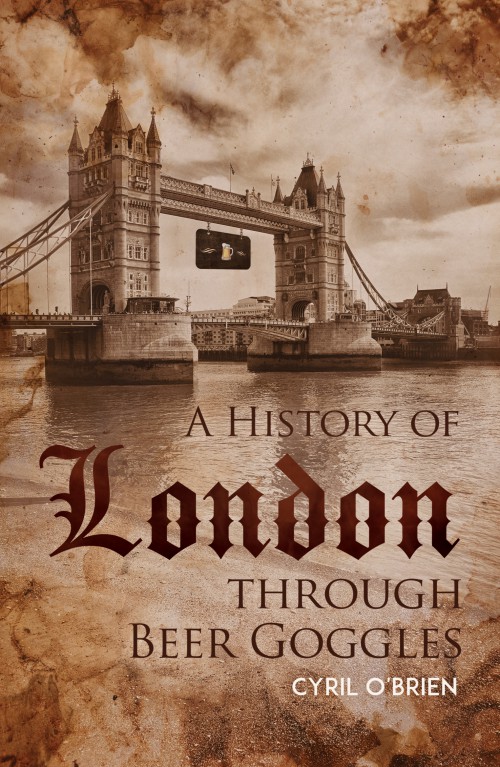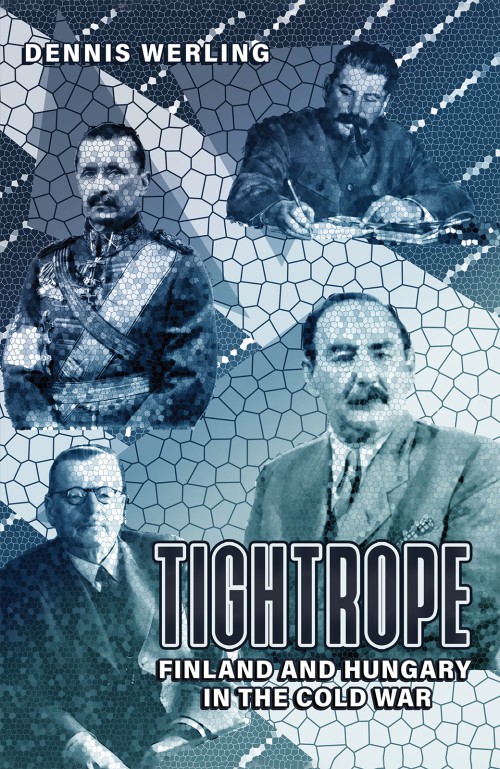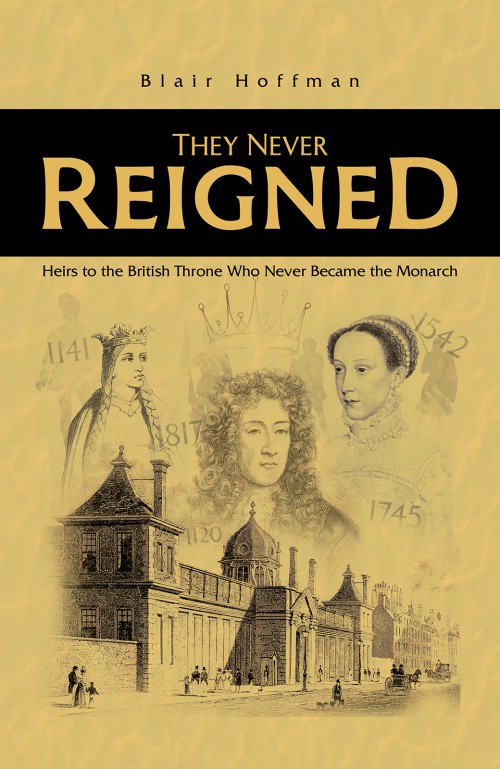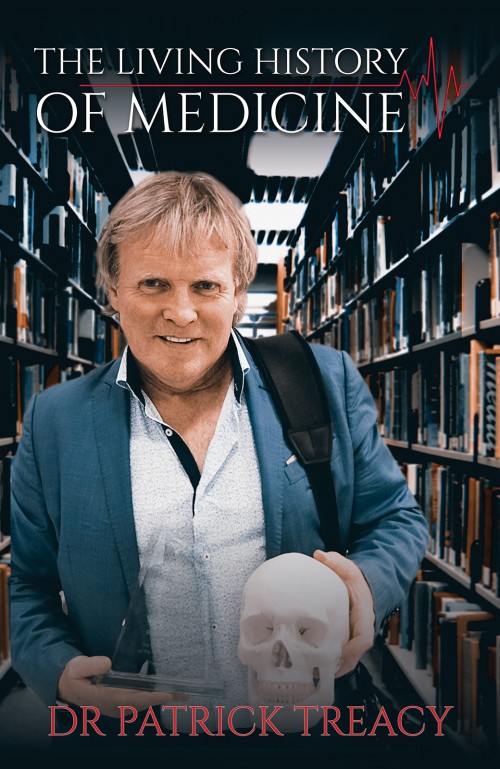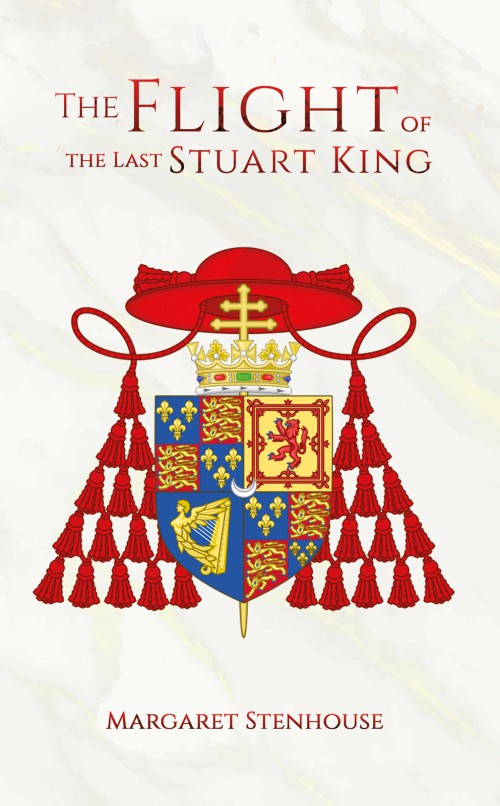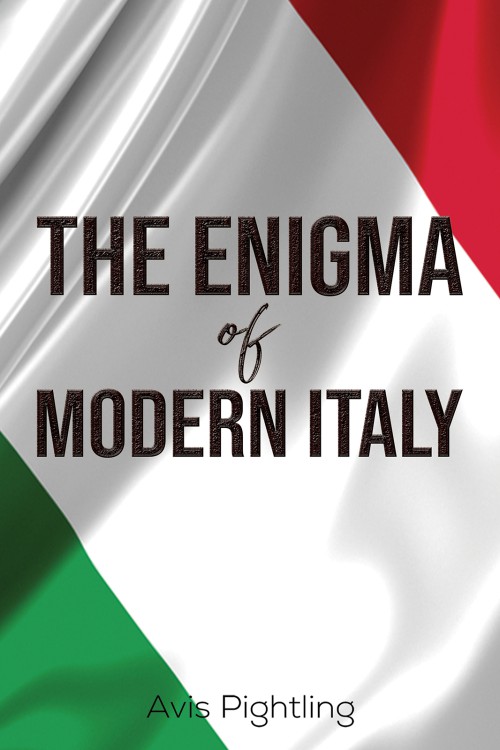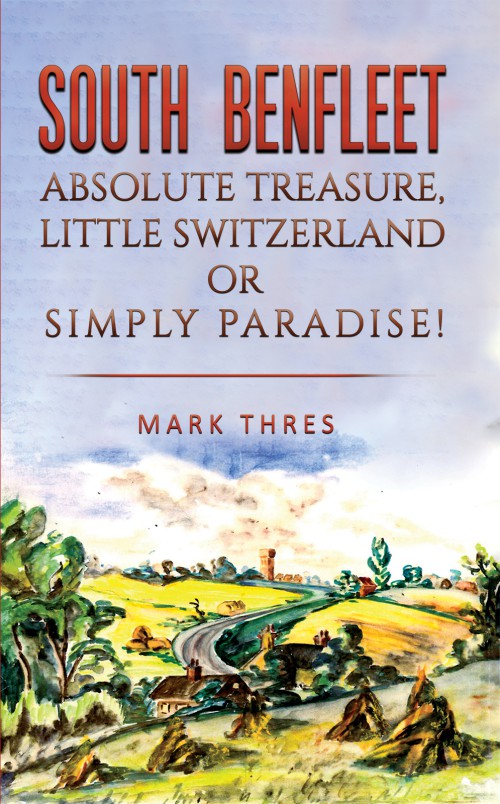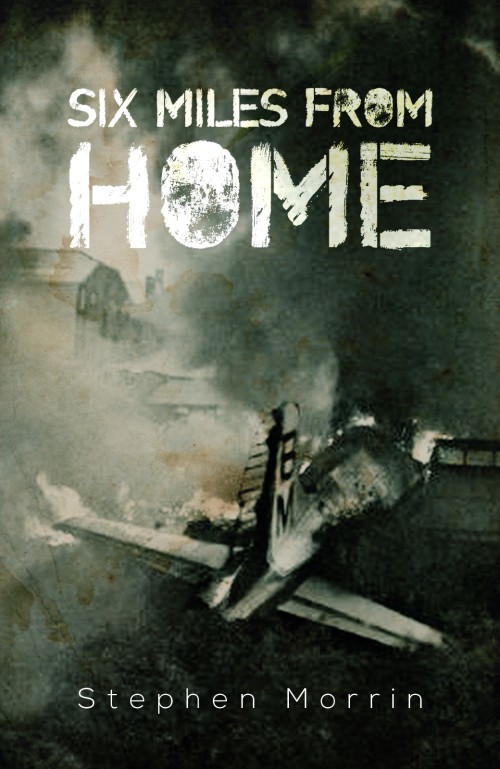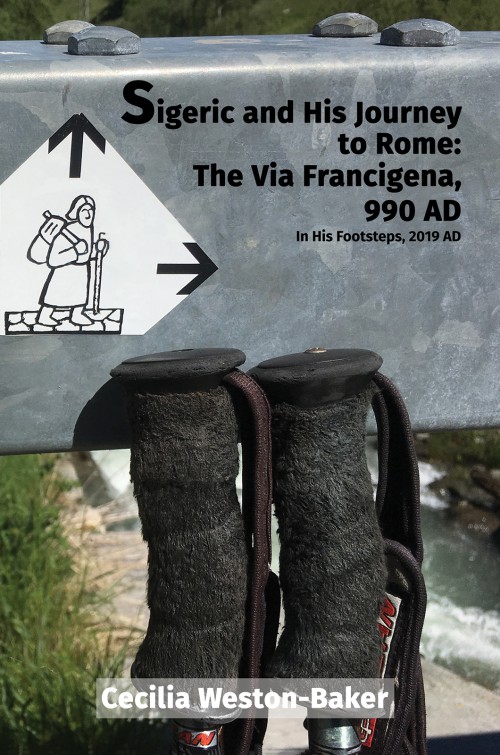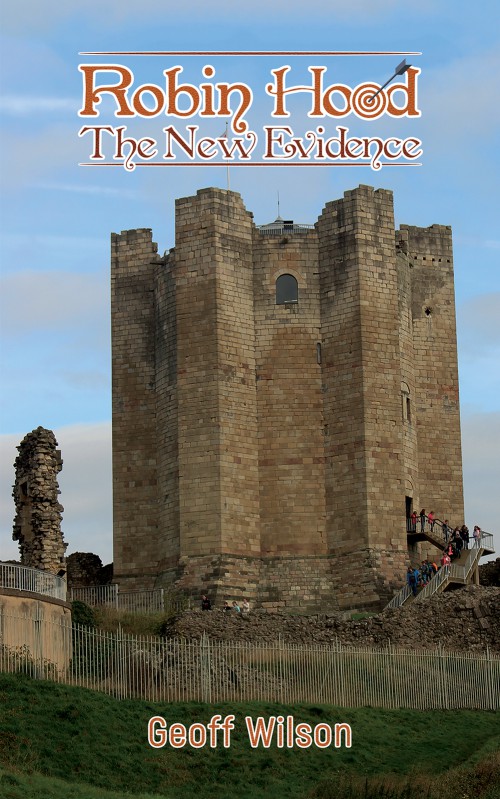-
Intimidation: The History, The Times And The People Of The Sheffield Outrages
Anonymous threatening letters, hamstrung horses, arson attacks, beatings, 'rattenings', bombings, shootings and murders; all at the hands of trade union thugs, orchestrated by William Broadhead, the tyrannical saw grinders' union leader. Such is the folklore of the Sheffield Outrages. However, acts of intimidation against 'obnoxious' workers and defiant employers stretched beyond Sheffield and across many trades.The story of the Sheffield Outrages is not just about the infamy of William Broadhead and the saw grinders, it is about a way of life in 19th century Sheffield; it is about conflict between hard-working skilled men and their exploitative masters; it is about a time of transition in industrial relations and the development of trade unionism.The story of the Sheffield Outrages is a significant and important aspect of Sheffield's social history and for far too long has been an understated one.Cover illustration: 'The Smoke of Sheffield', Allan F Barraud (1847-1913)
£3.50 -
A History of London through Beer Goggles
Discover stories and parts of London that you may not have known. All of this done whilst visiting some of London’s oldest pubs.From the Great Fire of London to the Church-run prostitutes of Southwark.From cock fighting to the famous Cock Lane Ghost.From Shakespeare to Shrek.From St Paul’s Cathedral to the inspiration for wedding cakes.Take a journey through the streets of London and discover things you never knew.A must for all who live and work in London, as well as visitors to our great city.What better way could there be than to have a drink and a walk around the parts of the city you have probably never visited. Hidden gems abound.
£3.50 -
Tightrope: Finland and Hungary in the Cold War
Finland and Hungary both fought on the losing side in WWII. Yet the former was able to resist the overwhelming power of its Soviet neighbour, while Hungary, whose status was uncertain until 1947, was not. Could the revolt of 1956 have been a turning point? How did the Helsinki Accords contribute to the end of the Cold War?
£3.50 -
They Never Reigned
British kings and queens are famous today. But many heirs to the British throne never became the actual king or queen due to various quirks of fate. This is their story. The stories include the oldest son of William the Conqueror, who lost the chance to become king because he was off fighting in the First Crusade; the White Ship disaster of 1120, England’s medieval Titanic, in which the sole male heir to the throne, and many others, drowned; an intrepid woman who nearly became queen in her own right four centuries before a woman actually did so; two princes who should have become a second King Arthur; the romantic warrior known to history as the Black Prince; the Princes in the Tower, who were supposedly murdered by King Richard III; the ill-fated Mary, Queen of Scots, beheaded by Queen Elizabeth I after an utterly unfair trial; James, who was born the heir and then was overthrown while still a baby, and was later known as the Old Pretender; a beloved Nineteenth Century princess who tragically died in childbirth at the age of 21; and many more.
Who suspected that the heirs who never reigned are every bit as interesting as those who did reign?
£3.50 -
The Living History of Medicine
The history of medicine is a living one and involves much more than reflecting on the battles that have been won or lost in the ever-changing struggle against disease. The living history really lies within man himself and too often the human side of this story is neglected. As doctors, we have been trained to focus on the signs of disease and consequently, we pay little attention to the people who discovered them. When we read in our pathology texts about the interesting triad of defects in an illness such as Hand-Schuller-Christian disease, we tend to forget about the doctors who faced great personal hardships to bring us the information we now use to treat the disorder.
Dr Treacy is recognised as one of the most influential aesthetic practitioners in the world. He was awarded ‘Top Aesthetic Practitioner in the World’ (2019) and ‘Doctor of the Year’ UK & Ireland (2019). In this fascinating book, he takes us on a journey with Osler’s famed ‘Goddess of Medicine’ and explains how she is continually on the move, fleeing from battles, tyranny, and oppression, seeking to find a home where man can have study pathology in peace. She has moved from Edinburgh to Dublin, from London to Vienna, from Berlin to Maryland, then onwards to California to guide doctors in the wonders of new technologies, translating the genetic blueprint, manipulating defects in the data code of our existence and help us all fight the more complex diseases like the coronaviruses of the new millennium.
£3.50 -
The Flight of the Last Stuart King
In 1798, when Napoleon invades Rome, Cardinal Henry Stuart, the last direct heir of the royal House of Stuart, is forced to flee south to seek refuge in the Kingdom of Naples. This is only the beginning of an adventurous two-year journey that drives him on to Sicily, Corfu, Padua and Venice, bringing him into contact with many key figures of the period, like Horatio Nelson, Lord and Lady Hamilton, the volatile Queen of Naples, the spy master Spiridion Foresti, the Ottoman commander Bey Abdul-Kadir and the reluctant Pope Pius VII, elected after a stormy conclave and crowned with a papier-mâché tiara. Set against the background of the Napoleonic wars and one of the most turbulent periods of change in European history, the flight of Henry IX, the Jacobite’s last Stuart king, is a little known and extraordinary story.
£3.50 -
The Evolution of Aesthetic Medicine
The birth and exponential growth of aesthetic medicine has been phenomenal. Recent technical innovation in aesthetic devices and products, coupled with an ever-increasing awareness of physical appearance and a rise in disposable income has boosted the demand for this field of medicine beyond all expectations. Its market size is presently valued at USD 60 billion and is anticipated to continue to expand at a CAGR of 10%.Now comes a book, written by one of the pioneers of this field of medicine who started one of the first aesthetic clinics in the world from his apartment in Dublin in 1999. Since then, he has built clinics around the world and won multiple international awards for his own innovations and advanced techniques, including ‘Top Aesthetic Physician in the World’ in 2019.
£3.50 -
The Enigma of Modern Italy
Forget the sunshine and pasta image of Italy, and discover a world of dark forces that conspire to undermine a vulnerable democracy.
Following their defeat in World War Two, the Italians set about restoring their shattered country to create the ‘economic miracle’ of the ’60s and establish a democratic republic. Yet all is not well. The ‘hot autumn’ crisis of 1969 unleashes deep-rooted protests from workers and students dissatisfied with the status quo. Events are further compounded by Fascist plots pitted against left wing terrorist attacks, all conspiring to bring down a fragile state. A state destabilized by self-serving politicians, intent on feathering their own nests at the citizens’ expense.
If you love intrigue, conspiracy and double-dealing, this book is for you.
£3.50 -
South Benfleet
Look inside and find out…
Whom did the church bells ring for and why…?
Who grew up in Benfleet and became a renowned natural history film-maker?
What was the pen name of the creator of Impossible People?
Whose mother was denounced from the pulpit of St Mary’s and why?
Which flaky aristocrat trashed the Hoy just prior to the First World War?
Where was the first mini-roundabout in this country located?
Who saved the horses but not his boat?
What name connects Benfleet Hall in Essex with the one in Surrey?
Who fought with the Canadian ‘Rough Riders’ in the First World War?
What was only second in size to that in Peterborough?
What was the favourite colour of Lily Tingey?
How many voters were on the electoral roll for South Benfleet in the 1832 elections?
Who was chastised for landing on the wreck of Richard Montgomery?
What was the pen name of William Mecham?
Who built their own ferro-cement ketch and sailed the world?
Who got dumped in the horse trough and what was the pretext?
Amongst other things…
£3.50 -
Six Miles from Home
Six Miles from Home chronicles the compelling events of one of the UK's worst urban air disasters that claimed the lives of 72 passengers and crew. Drawing on 20 years of meticulous research and extensive interviews with all those involved, the author has produced a truly remarkable and compelling book. Full of suspense and high drama, it tells a powerful account of death and survival, with compassion and understanding that leaves the reader with lasting images. As an analysis of the disaster and how it changed lives forever, this account is an important social record. The book is the achievement of a skilful writer who is passionate about his subject. This is the author's fourth book on civilian aviation accidents; in addition, he has contributed numerous articles on the subject for newspapers and magazines. He has also taken part in a number of television documentaries. Based in Cheshire, his previous books include, The Munich Air Disaster, which deals with the Manchester United tragedy; and The Devil Casts His Net, which chronicles the events surrounding the Winter Hill air disaster.
£3.50 -
Sigeric and His Journey to Rome: The Via Francigena, 990 AD
Walking long distance across a large part of Europe is quite daunting. You tell your friends you’re going to walk from the southeastern-most tip of the UK across France, over the massive range of the Alps and down to Rome and they look at you as though you are crazy. But what would your friends have thought a thousand years ago? Rome must have seemed remote and the journey quite terrifying. Life now is very different from that of the described short, nasty and brutish tenth century. But was it so bad? This book follows two travellers as they set off from Canterbury on their journey to the eternal city of Rome. One is Archbishop Sigeric, who journeyed to Rome in AD 990 to collect the pallium that conferred the Pope’s authority on him, and the other is now in the 21st century, a thousand years later treading in his footprints. Has the road changed much?
£3.50 -
Robin Hood - The New Evidence
The story of Robin Hood is very well known. Writers and historians have been reading and rewriting it, analysing and altering it since Ritson published his version in 1795, more than 200 years ago. The story has been published in many forms, including books, films, TV and radio programs, articles held in the World Wide Web and probably many others. As far as can be ascertained, they all have two things in common: they all contain many errors and they all fail to explain a number of mysteries.
In his book, Geoff Wilson has corrected many of the errors and has explained many of the mysteries. This he has done by accessing many surprising sources of evidence, including, for example, the British Geological Survey, aerial photography and by following on foot several of Robin Hood’s journeys described in the ballads. Practical tests were also carried out. The author’s sons (both quite young at the time) were encouraged to shout at the top of their voices in one particular location to test if sounds do in fact echo in the valleys. They do.
Among the mysteries solved are the identities of Sir Richard at the Lee and the location of Verysdale and the Village of Lee. The ‘fayre castell’ described in the Gest is also identified, as is the chapel in Barnsdale dedicated to Mary Magdalene and described in stanza 440 of the Gest. One mystery which remains unresolved, however, is the identity of Robin himself. Perhaps he is, after all, just a yeoman named Robin Hood, although the claims of an alternative candidate are seriously considered.
£3.50


